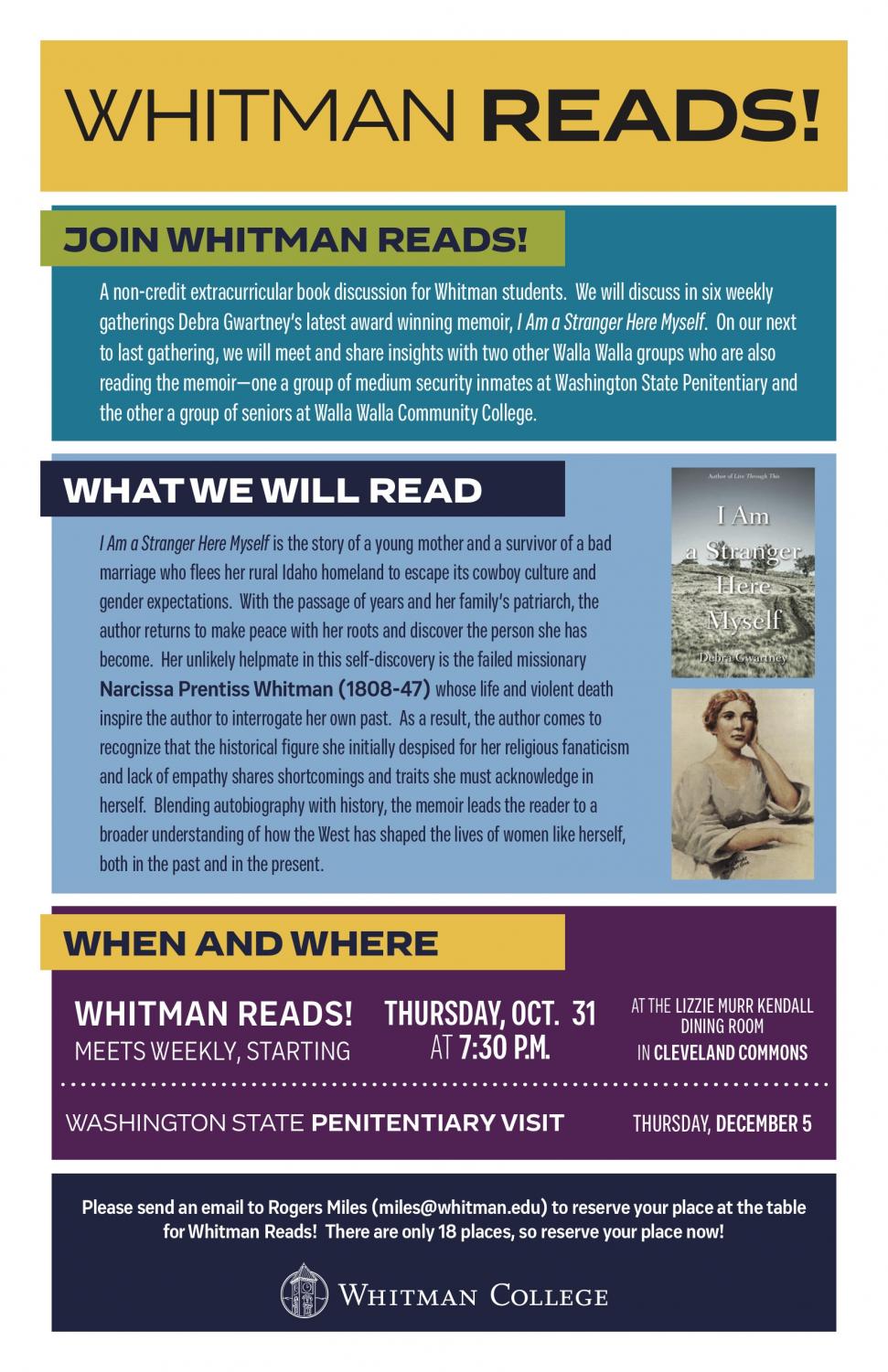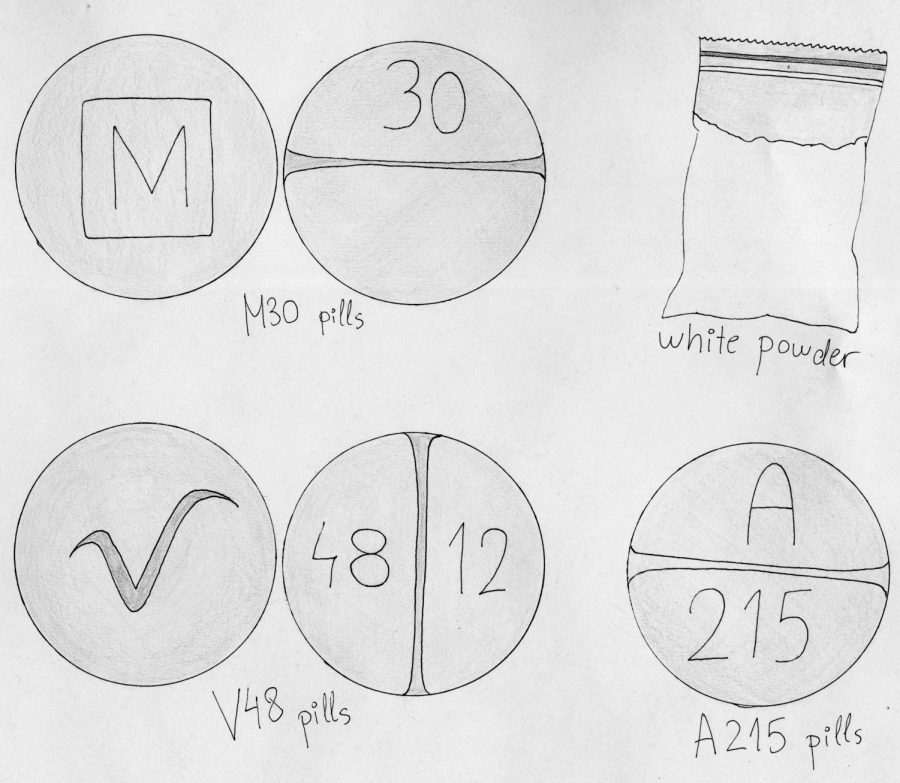Don’t do drugs, kids
October 24, 2019
Like it or not, students try drugs. For lots of teenagers, it seems like a natural part of growing up. You start drinking, maybe you smoke a little weed, then one of your friends offers you something stronger. You know you shouldn’t, but what the hell, it can’t hurt to try it once. It’s for the experience. I certainly do not condone doing drugs, but it’s counterproductive to ignore the facts.
Taking any drug is potentially dangerous, but some drugs, such as fentanyl, are particularly deadly. For one, you may not even know you are taking it. Fentanyl is a synthetic opioid 50 to 100 times more powerful than morphine, and it is often laced into cocaine or heroin without the consumer’s (or dealer’s) knowledge, leading to devastating consequences if even slightly too much is ingested. A lethal dose of the “death drug” is only three milligrams. The simultaneous use of alcohol, or prescription medications such as Xanax, can increase the risk of overdose. According to the National Institute on Drug Abuse, overdoses relating to fentanyl have skyrocketed, with synthetic narcotics outnumbering pure cocaine, heroin and prescription opioids.
The Center for Disease Control and Prevention (CDC) reports that deaths involving synthetic opioids (besides methadone) have increased almost 47 percent from 2016 to 2017, bringing the drug-related death toll up to 28,400 people in 2017. There is a general consensus that a main cause of this increase is the growing availability of illegally made (non-prescription) fentanyl, which is found in powder and pill form, often laced into other drugs. An article published in the Seattle Times earlier this month reported that several high school students from the Seattle area had fatally overdosed on fentanyl. They had taken fentanyl-laced pills stamped with “M” or “30,” thinking that they were trying oxycontin, a much lower strength opiate.
To combat the increasing overdose rate in young adults, most high schools and colleges take a pretty standard approach, usually involving signs with a catchy yet simplistic slogan like, “say no to drugs.” The issue is, saying “don’t do drugs kids,” is not an effective way of stopping teenagers from trying new things, or worse, from overdosing. With the growing opioid epidemic sweeping across the nation, it is so important, now more than ever, for people to have a proper drug education. Not all drugs are created equal, and if you are going to partake, you need to make sure that you know exactly what you are ingesting and what the dangers are.
I know a number of people who have died or lost a loved one to fentanyl in the past couple of years. This is something that affects everyone, and it’s only getting worse. Just as preaching abstinence doesn’t stop people from having sex, yelling “say no to drugs” into the void isn’t going to give a second chance to a kid who took the wrong pill at a party. Young adults are going to make bad choices, and it is the responsibility of their educators to make sure that they don’t die from them.







